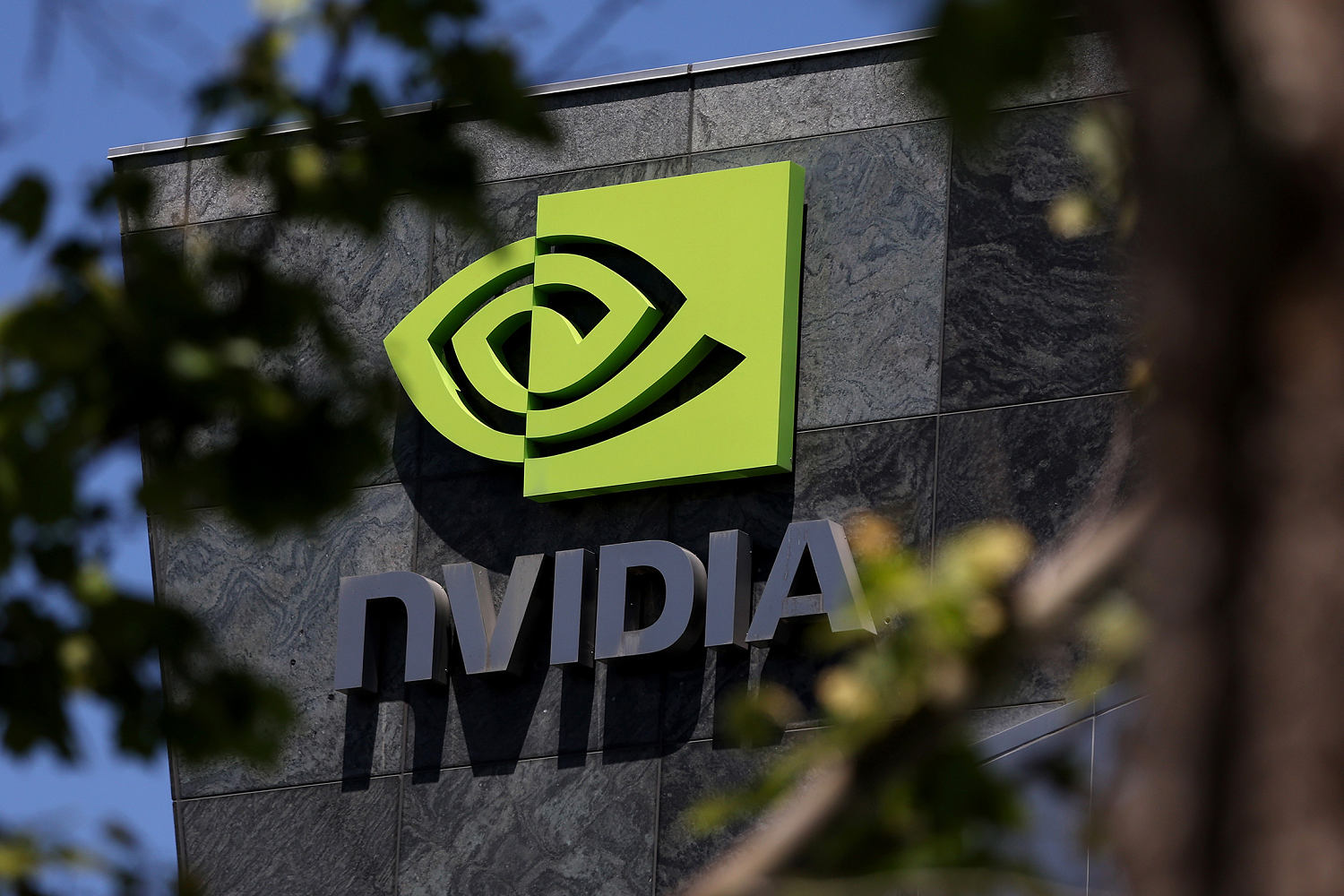In a move that is certain to worsen already strained economic relations between the two nations as President-elect Donald Trump gets ready to into office a second time, China accused U.S. chipmaker Nvidia on Monday of breaking its anti-monopoly law.
The investigation, according to China’s state market regulating body, is connected to Nvidia’s 2019 purchase of Mellanox, a multinational provider of computer networking hardware.
That transaction was tentatively approved by China in 2020.
Nvidia said in a statement that it was “happy to answer any questions regulators have” regarding its operations.
According to the firm, Nvidia wins on merit, as evidenced by our benchmark results and value to customers, and customers are free to select the solution that best suits their needs. In every area where we conduct business, we strive to deliver the best products possible and keep our word.
Following Monday’s market opening, the company’s stock was down almost 3%.
The departing Biden administration last week unveiled a new set of export restrictions on American-made semiconductors that are intended to prevent China from using them to create sophisticated artificial intelligence and weaponry.
China swiftly retaliated by imposing embargoes on vital supplies going to the United States and accusing the country of intimidation and hypocrisy.
The United States engages in unilateral bullying, abuses export control mechanisms, and overstretches the concept of national security, all while preaching and acting in a different way. The Chinese Commerce Ministry stated in a statement last week that China strongly condemns such acts.
Although for various reasons, the United States and France have also launched inquiries into Nvidia’s market dominance.
The whole U.S. stock market has increased in value over the last year thanks to the Santa Clara-based startup, whose chips have emerged as the preferred processor for tech companies spearheading the AI revolution. Nvidia is now among the most valuable companies in the world, with its share price having roughly tripled in 2024.
When he becomes office, Trump has pledged to impose strict tariffs on China. A Chinese think tank has criticized him as “anti-China,” and he recently appointed former Georgia Senator David Perdue as the U.S. ambassador to China. Additionally, he appointed tariff-supporting economist Peter Navarro as his adviser on manufacturing and trade.
Note: Every piece of content is rigorously reviewed by our team of experienced writers and editors to ensure its accuracy. Our writers use credible sources and adhere to strict fact-checking protocols to verify all claims and data before publication. If an error is identified, we promptly correct it and strive for transparency in all updates, feel free to reach out to us via email. We appreciate your trust and support!






